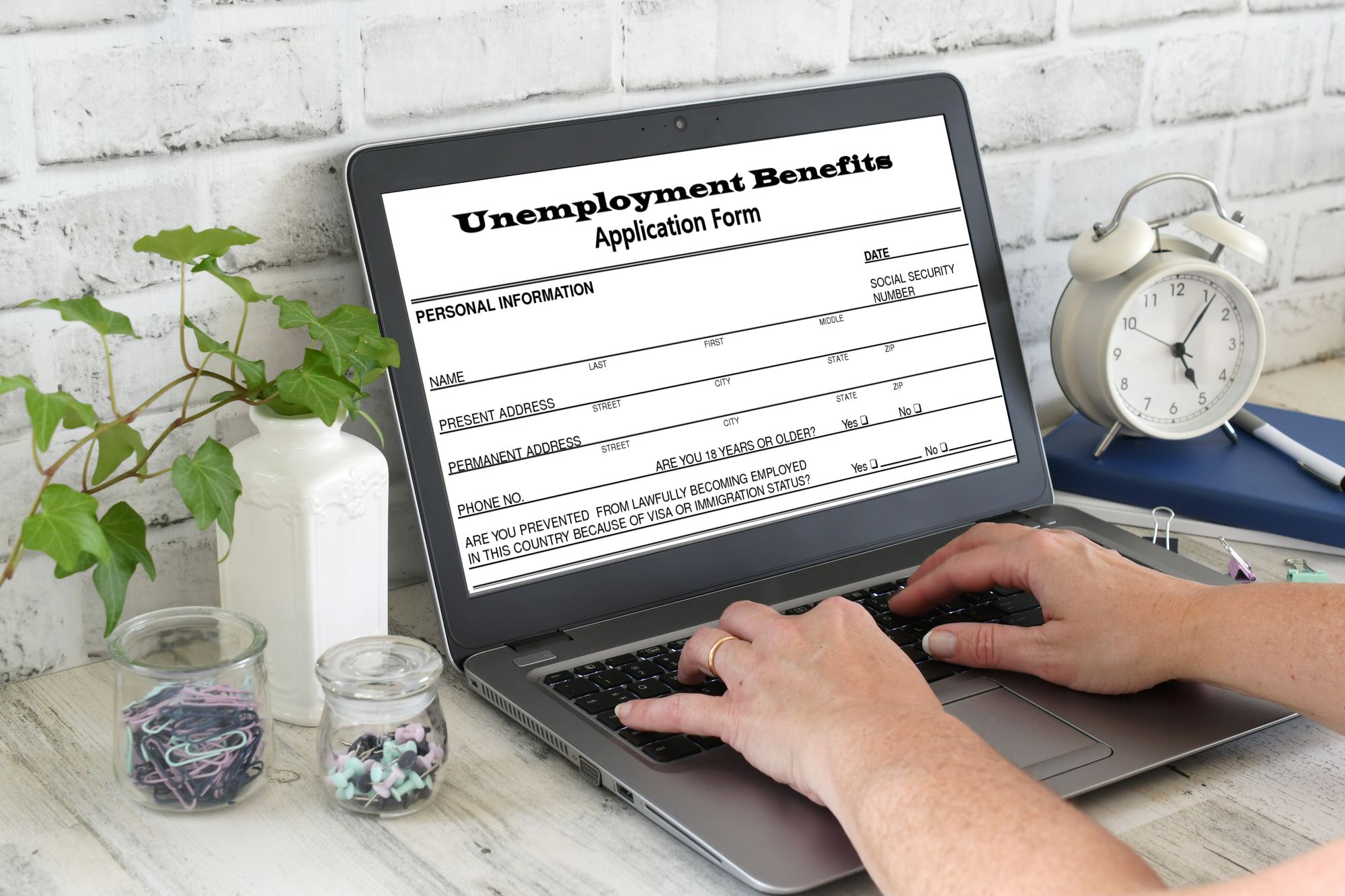I was laid off, what's next?

Losing your job can be a tough pill to swallow. But don't despair - there are steps you can take to get back on your feet.
First, consider filing for unemployment benefits. This will help you bridge the gap financially while you're looking for new employment.
Next, update your resume and start applying for jobs. Use job-search engines and networking sites to help you find openings that match your skills and experience.
Finally, brush up on your interview skills. Practice answering common interview questions so you'll be prepared when an opportunity arises.
By taking these steps, you'll be well on your way to landing a new job in no time.
Outline
1. Take some time for yourself to process what happened
2. Talk to your family and friends about what you're going through
3. Update your resume and start applying for jobs
4. Sign up for unemployment benefits and look into other government assistance programs
5. Stay positive and keep your head up - it will get better eventually
Take some time for yourself to process what happened

It can be tough to process a big life event, whether it's positive or negative. You might feel like you're all over the place emotionally, and that's okay. It's important to give yourself time and space to process what happened. That might mean taking some time off from work, or spending more time with friends and family. It could also mean talking to a therapist, or journaling about your experience. Whatever you do, make sure you're taking care of yourself both physically and emotionally. This is a difficult time, but you'll get through it. Give yourself the time and space you need to heal.
Talk to your family and friends about what you're going through
It's natural to want to keep your problems to yourself. You may feel like you're burden or that no one could possibly understand what you're going through. However, talking to your loved ones can be an important step in dealing with your problems. Family and friends can offer support and understanding, and they can provide a sounding board for your ideas. In addition, talking about your problems can help to release some of the pent-up pressure you may be feeling. So if you're feeling overwhelmed, don't hesitate to reach out to those closest to you. Chances are, they'll be more than happy to listen.
Update your resume and start applying for jobs

It's a good idea to keep your resume up-to-date, even when you're not actively job hunting. That way, when an opportunity does come along, you'll be prepared. Start by adding any new skills or experience you've gained since you last updated your resume. If it's been a while, take some time to think about all the things you've accomplished in your current role. Have you taken on any new responsibilities? Led any successful projects? These are all great things to include. Once you're happy with your updated resume, start searching for jobs that fit your skills and qualifications. Applying for jobs can be time-consuming, so try to focus on a few quality applications rather than lots of half-hearted ones. Remember to tailor your resume and cover letter to each individual job, and don't be afraid to sell yourself. With a bit of effort, you should soon be landing some interviews. Good luck!
Sign up for unemployment benefits and look into other government assistance programs

According to the Bureau of Labor Statistics, over 20 million Americans are currently unemployed. If you find yourself out of work, it's important to know that you are not alone and there are programs in place to help you through this difficult time. The first step is to sign up for unemployment benefits. You can do this online or in person at your local unemployment office. In order to qualify, you will need to show that you have lost your job through no fault of your own and that you are actively looking for new employment. Once you have filed your claim, you will begin receiving regular payments that can help to cover your living expenses. In addition, the government offers a variety of other assistance programs for those who are struggling. You may be eligible for food stamps, financial assistance for housing or child care, or medical coverage through Medicaid. There is no shame in seeking help when you need it, so be sure to explore all of the options available to you.
Stay positive and keep your head up - it will get better eventually
Let's face it - life can be tough sometimes. We all go through difficult times, and it can be hard to stay positive when things are getting us down. But it's important to remember that these tough times don't last forever. Things will eventually get better, and you'll come out the other side stronger and wiser. So next time you're feeling down, try to stay positive and keep your head up. Things may be tough now, but they'll get better eventually. And you'll be all the better for it.
The five steps listed above are just a starting point. There are many other things you can do to get through this tough time, and we hope these tips will help you start the healing process. Remember to be gentle with yourself, and reach out for help when you need it. You aren’t alone in this - there are millions of people who have gone through or are currently going through a job loss. Lean on your family and friends for support, and know that things will get better in time. We wish you all the best during this difficult time.